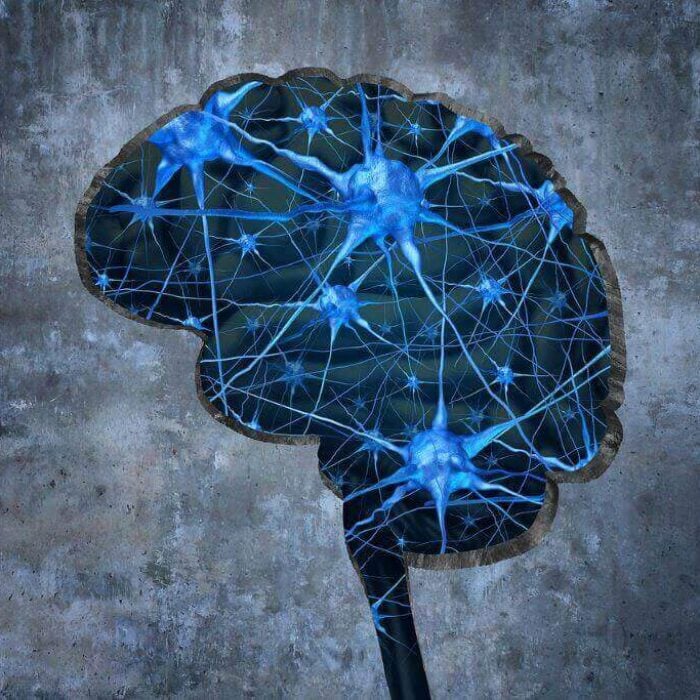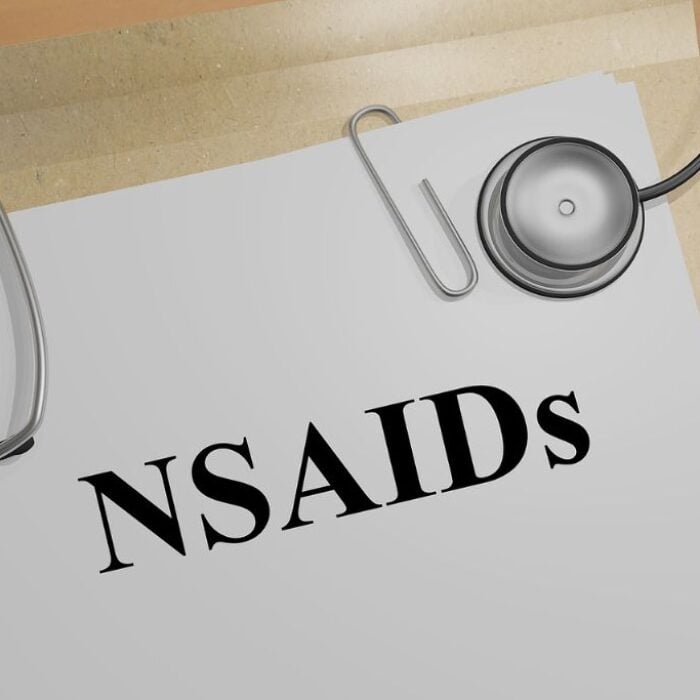An NFL quarterback. A national radio personality. The frontman of a Chicago rock band.
Ray Mossey has declined to comment publicly about the circumstances leading to his arrest on a felony charge of fraudulently obtaining hydrocodone.
But if the Sarpy County senator developed an addiction to the prescription painkiller after injuring his back, as some close to him have suggested, Mossey is in good company.
Green Bay Packers quarterback Brett Favre, talk-show host Rush Limbaugh and Wilco singer Jeff Tweedy have battled addiction to narcotics originally prescribed by doctors.
Nationally, an estimated 6.2 million or more Americans abuse prescription drugs. About 1.5 million of them are dependent on prescription painkillers like Vicodin, a popular form of hydrocodone.
In Omaha, Methodist Hospital’s emergency department encounters two or three prescription abusers per shift.
Kohll’s pharmacists have the Nebraska State Patrol prescription fraud number memorized or close at hand.
And an Omaha addiction counselor said roughly one in every five people she treats is hooked on prescription medications.
Pain and addiction experts say prescription drug abuse often begins innocently, when a doctor prescribes a pain-killer, stimulant or depressant to treat a legitimate health concern.
At first, small doses make you feel better. But the effect decreases as your tolerance builds. You can’t afford to miss work or school, so you take extra pills, with or without the doctor’s OK.
“It’s very easy to justify why you need the next pill,” said Dr. Clifford Bernstein, director of the Waismann Institute, a nationally recognized pain clinic and detoxification center in Beverly Hills, Calif. “In your mind, the doctor gave it to you. How bad can it be?”
The relief you got from one Vicodin soon requires two or more. And when you run out of pills, you’re in agony because your body is in withdrawal.
A sympathetic doctor gives you more or puts you on 80 mg OxyContin, which packs the punch of about 20 Vicodin.
The more you take, the more you need, and the more you risk overdose. And, of course, the more resources you must spend on getting the drug.
“The clever addict can get any drug he wants just about anytime he wants it,” said Rod Colvin, author of “Prescription Drug Addiction: The Hidden Epidemic.”
The former Omaha radio newsman wrote the book after his brother died from complications of a 15-year addiction to anti-anxiety drugs.
Colvin and others said these are common ways abusers feed their habits:
Doctor-shopping: Seeing multiple doctors for the same condition to get multiple prescriptions in amounts small enough not to arouse any one doctor’s suspicion. This includes complaining of acute pain at various emergency rooms, often at hours when the patient’s primary doctor can’t be reached.
Prescription fraud or theft: Stealing the drug or a doctor’s Rx pad and forging prescriptions; altering real prescriptions; or phoning in phony ones.
Using leftovers from friends and relatives or drugs resold on the street.
Internet shopping. A recent study found nearly 500 Web sites advertising controlled prescription drugs; 94 percent didn’t require prescriptions.
Local health-care workers say abusers tend to flock to doctors and pharmacists who are least critical of requests.
“The word gets out, and you’ve got all these people with addictions at your pharmacy,” said David Kohll, co-owner of Kohll’s Pharmacies in Omaha. “It’s not fun to work there. If their stuff is not ready, they just go crazy.”
Often, it’s a keen pharmacist who detects the abuser. He or she reports suspicious behavior to the State Patrol, which alerts other pharmacies.
Dr. Mohammad Al-Turk, a family practice physician at Alegent Health’s Lakeside Hills clinic, said he rarely prescribes narcotics. When he does, he explains they can be habit-forming and makes patients sign a contract. Patients pledge to take the drugs only as prescribed, not to share them and not to seek additional prescriptions from other doctors – under penalty of being booted from the clinic’s care.














